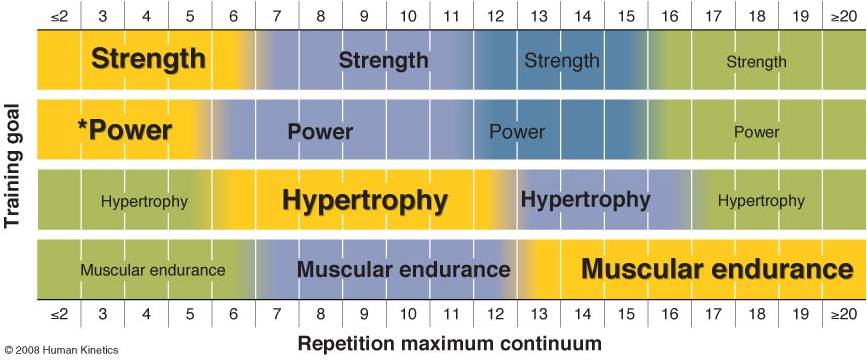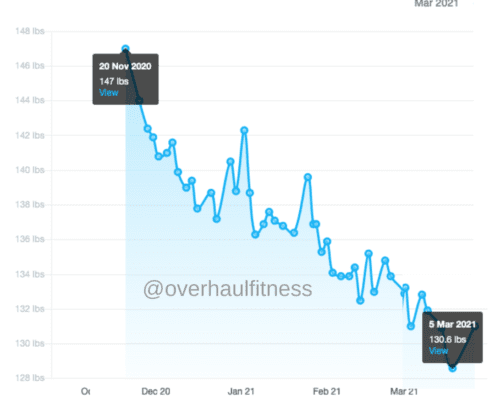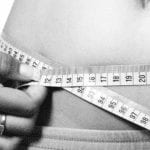Lifting Weights Makes You Bulky!…Just Kidding, It Doesn’t.
Last updated Oct 19, 2020 by Michael Fouts
Read time: 5 min.
It is common for some people, in particular females, to not lift weights as a method to lose weight out of the fear of looking “bulky” or muscular. Truth is, lifting weights is likely one of the best methods for losing weight and building a very desirable physique along the way. But, for those scared to touch weights out of worry for getting “Bulky” or too muscular, this post is for you.
Let’s first look at some of the foundational things needed in order to build muscle. For the most part you need a combination of the following:
- Mechanical Stress: You need to impose a mechanical stress, i.e lifting weights, that is more than the muscles current stress demand.
- Metabolic Stress: With repetitive muscle contractions you build up waste products, metabolic stress. The muscle will adapt by getting bigger and having more “machinery” to deal with these waste products.
- Mechanical Tension: This is related to Mechanical Stress and Metabolic Stress, but is more commonly referred to as time under tension. In other words, how long is the muscle under Mechanical Stress – which can also relate to how much metabolic stress is created.
- Energy: Caloric surplus, you need energy – in the form of calories – to build muscle; you can’t just workout and “breathe in air” and gain muscle.
So, now let’s look at how the above relate to someone lifting weights. Your initial reaction might be: WTF, they would likely hit 3 of the 4 points above, I thought you said they’re NOT going to gain muscle and get “Bulky?” There are two very important things to consider that will add context and help everything make sense.
- Calories are king (or…Queen?). A caloric surplus is a driving factor in building muscle. If your body is in a caloric deficit, as it should be while looking to lose weight, then your body isn’t going to place a high priority on using it’s limited energy to build muscle. Simply put, you will not grow muscle optimally during a caloric deficit.
- Muscle growth is slow, fat loss is fast – relatively speaking. Especially as it pertains to the above point. You can lose 2 pounds in a week, but you can’t put on 2 lbs. of lean muscle in a week – at least not without PED’s.
- If you’re a newbie lifter you might get your “Newbie gains,” but after that you’ll be hard-pressed to put on muscle at a considerable rate, especially in a caloric deficit as mentioned above.
The two above points are two of the most important ways that lifting weights won’t make you “bulky” while trying to lose weight.
For those of you that might be wondering why I didn’t include rep ranges in the above, that’s because there has been a lot of research that has emerged in the last 5 years that now makes workout variables much more nuanced. Volume (sets X reps X weight) tends to be more important than rep ranges in and of itself. For those that don’t know what I’m talking about, I’ve included the following rep range illustration:
In the above picture, the illustration shows that for different rep ranges there are different “sweet spots” for different physiological changes that one wishes to promote. Hypertrophy = Muscle Growth; Muscle Endurance ~ “Toning.” The above rep ranges still tend to be true, but it’s a lost more nuanced now and other factors like intensity and volume tend to be much more significant.
Some people think they are in a caloric deficit, but are not. Simply put, YOUR BODY isn’t in a caloric deficit if you aren’t losing weight week-to-week; for the most part, exceptions being when you gain muscle mass and lose fat mass. The reason I say this is some people aim to put themselves into a caloric deficit day-to-day but end up over-eating – in some cases binging – on the weekends and that can actually put them into a caloric surplus for that week.
So, what you should understand at the very least from this post – and now know – is that if you’re trying to lose weight than as long as you stay in a caloric deficit you won’t “get bulky.” And if you’re asking: “Why should I even lift weights in the first place?” then read this.
Till next time,
-Mike
Interested In Being A Client?
Click Here and fill out a quick interest form and we’ll be in touch!
Or…Stay In Touch
Join everyone else that we email, no more than once per month, to keep in touch about recent blog posts, new workout programs, meal plans and recipes to try, and more…







